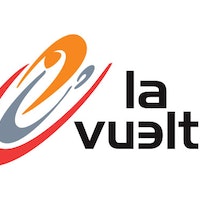A stellar list of Vuelta a Espana 2017 contenders stands between Chris Froome and an historic Tour-Vuelta double, with the race starting with a team time trial in Nimes, France, on Saturday (August 19).
Froome sealed his fourth Tour de France title in July and, having been runner-up at the Vuelta a Espana three times, including last year, will now bid to join Bernard Hinault and Jacques Anquetil as the only riders to win both races in the same calendar year.
No rider has done the double since the Vuelta was moved to its current position in the racing calendar, but some of this generation’s finest Grand Tour riders will be out to stop Froome making history.

Seven-time Grand Tour champion Alberto Contador (Trek-Segafredo) races for the final time in his career, while Vincenzo Nibali (Bahrain-Merida), winner of four Grand Tours, will also on the start line.
– Vuelta a Espana 2017: TV schedule –
Fabio Aru (Astana), the 2015 Vuelta a Espana champion, is another star name on the start list, while last year’s third-place finisher Johan Esteban Chaves (Orica-Scott) and Tour de France third-place Romain Bardet (Ag2r-La Mondiale) will again be riders to look out for.
Will Chris Froome seal his first Vuelta a Espana triumph next summer? Or can any of his rivals stop him? We’ve taken a closer look at the course and contenders.















Share